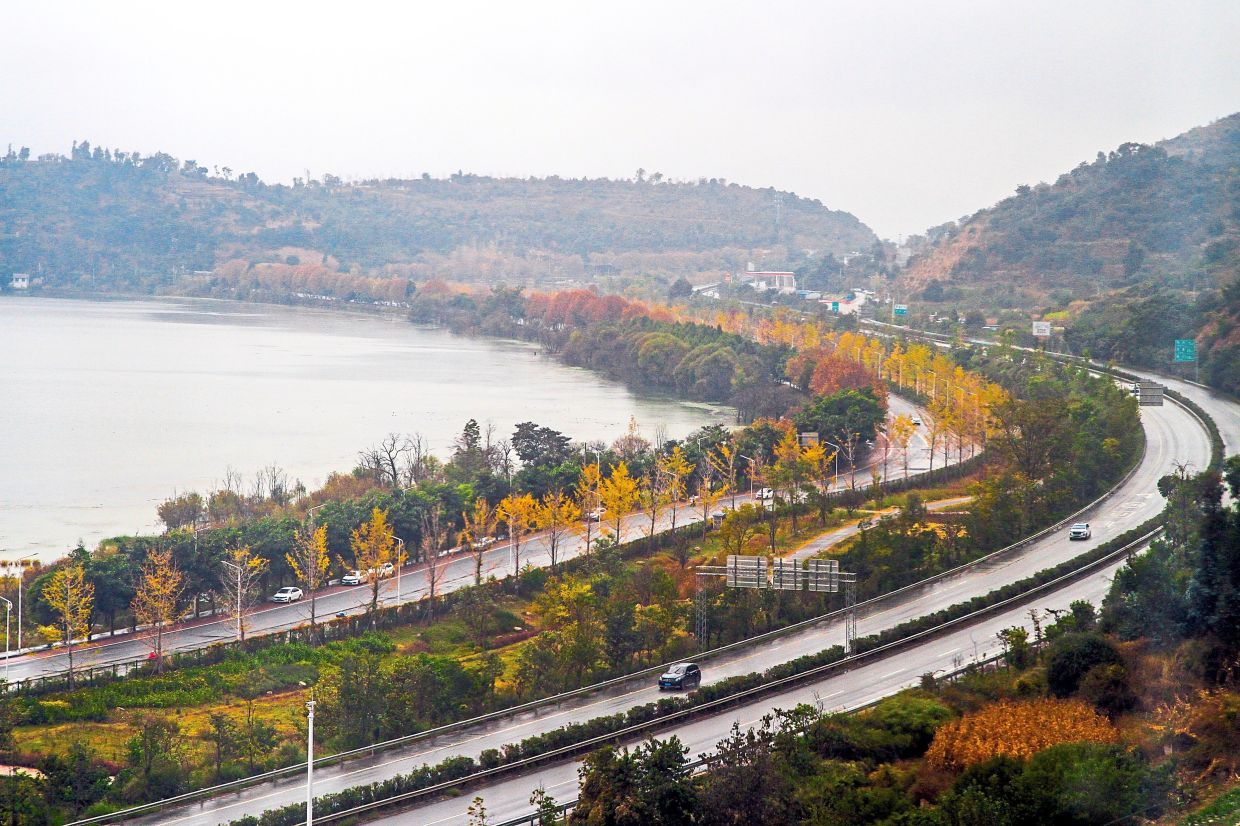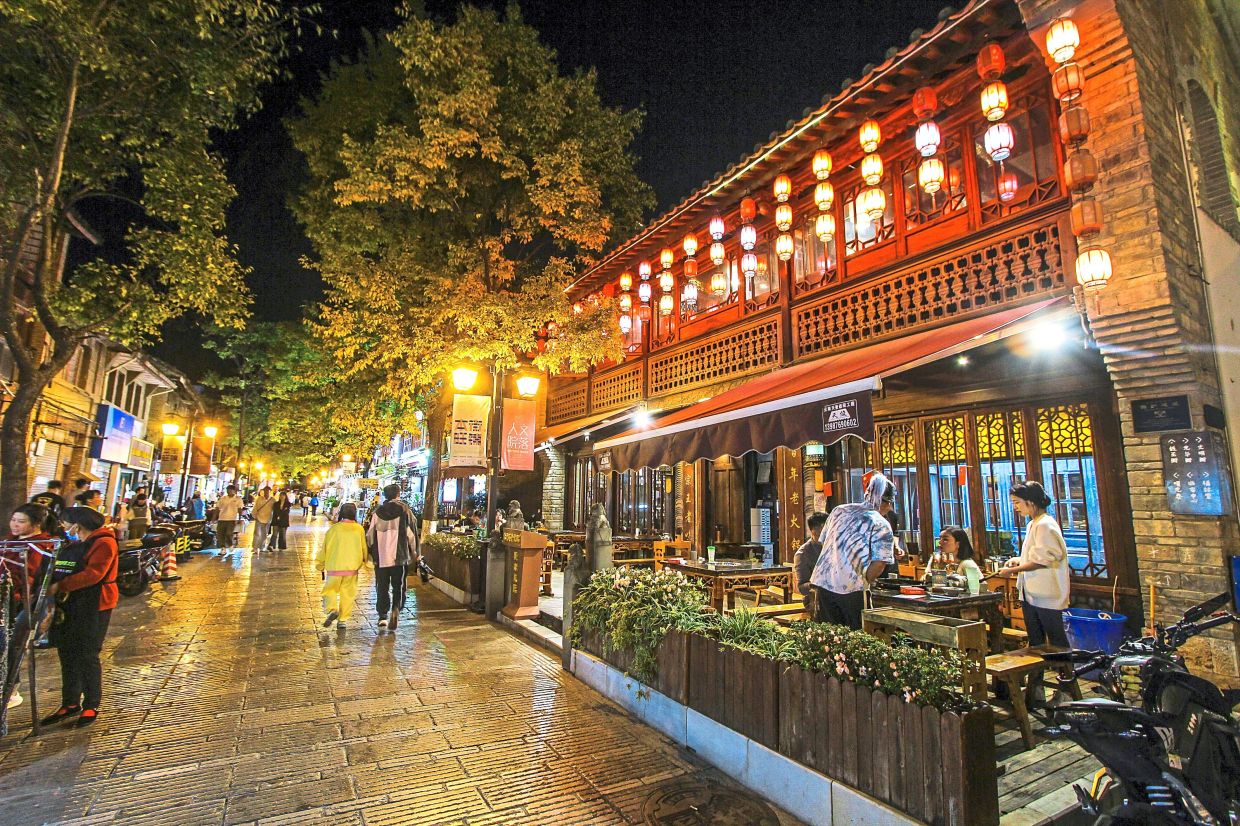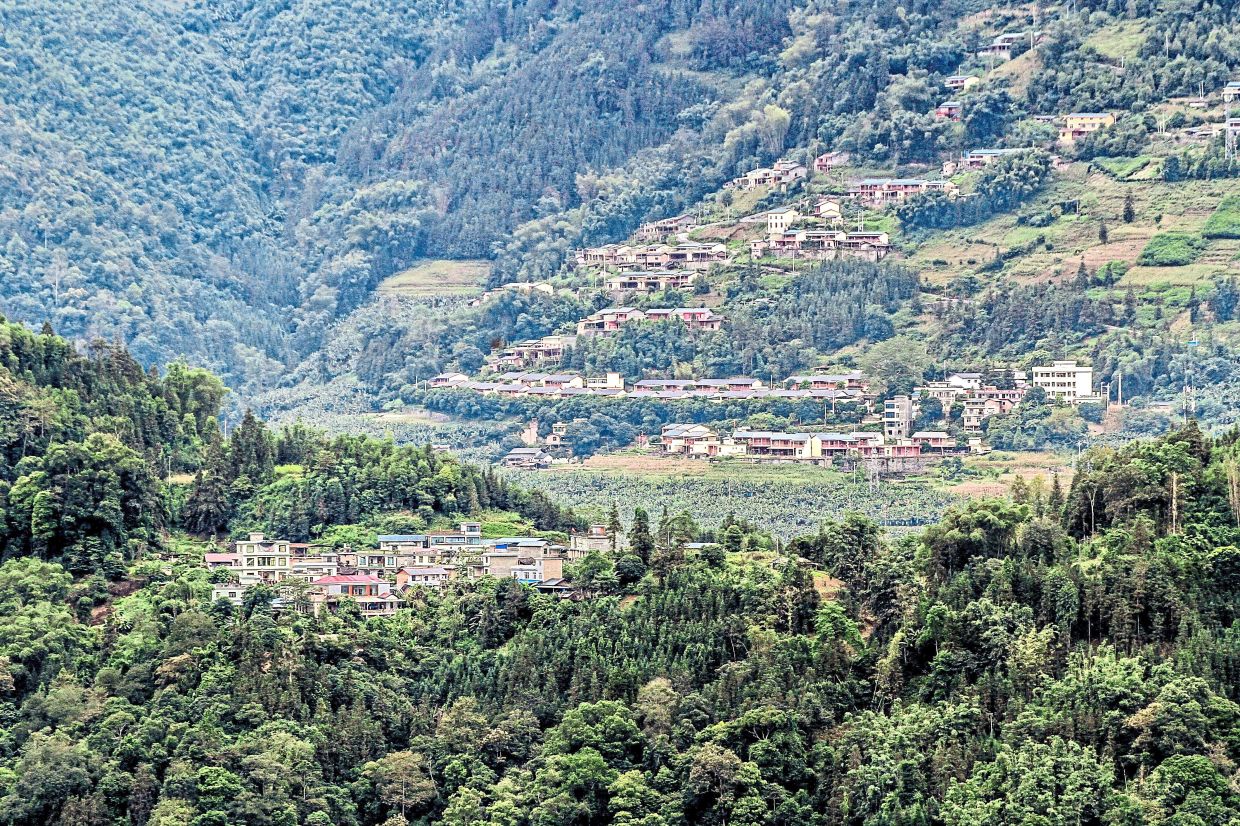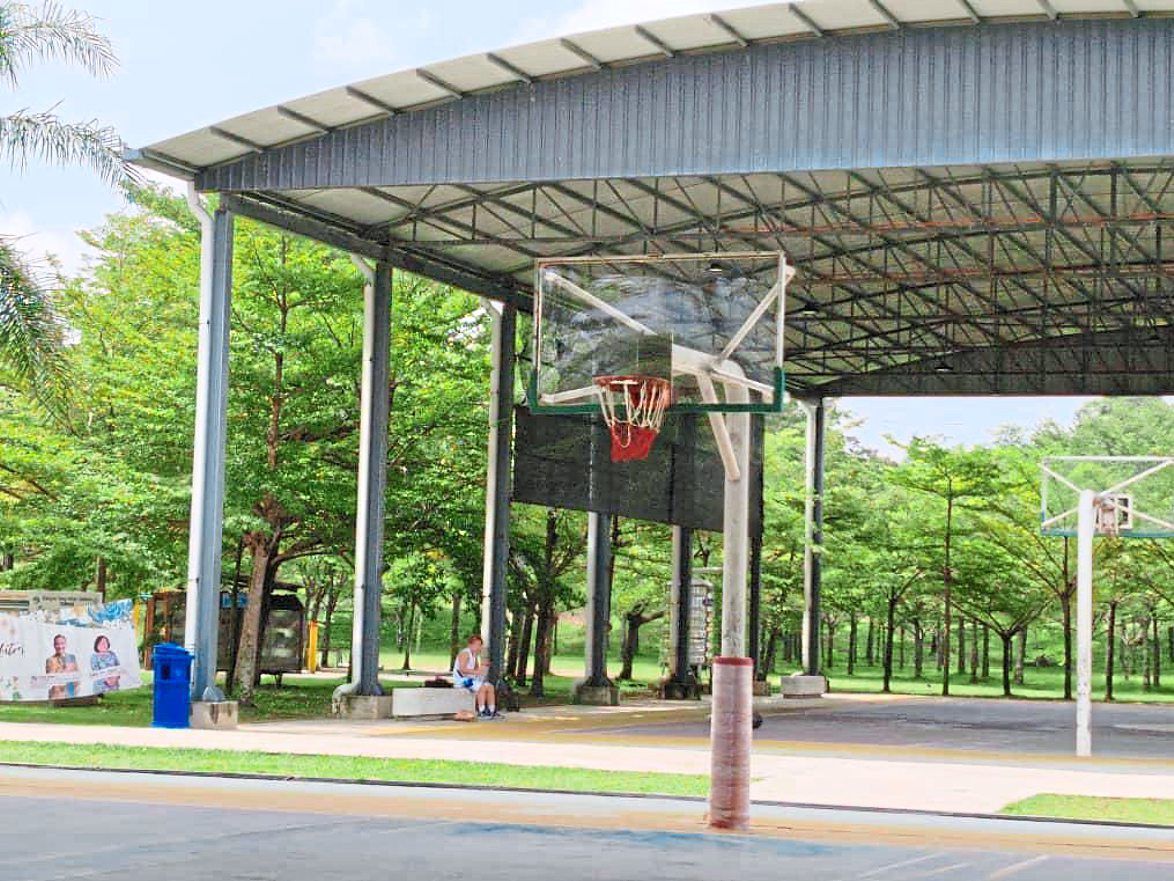
Shilin (Stone Forest) Unesco Global Geopark, where limestone rocks resembling petrified trees create a captivating stone forest, is a popular attraction in Yunnan, China.
Infrastructure and tourism development among efforts to highlight Yunnan’s diverse attractions
YUNNAN, one of China’s sprawling provinces, is set to benefit from ongoing government initiatives aimed at fostering development in suburban areas.
Encompassing an expansive 394,000sq km – which is larger than the entirety of Malaysia – and home to a population of approximately 48 million, Yunnan is poised for comprehensive improvements spanning infrastructure, education, public amenities and tourism.
During a week-long visit organised by the Consulate General of the People’s Republic of China in Penang, a Malaysian media delegation from Penang had the unique opportunity to witness first-hand some of the completed and ongoing initiatives within the province.
Yunnan Foreign Affairs Office director Cui Huanyong characterised Yunnan as a province that is diverse not just in resources, but also in its natural beauty and cultural heritage as the province is home to some 25 ethnic minorities.
“Yunnan borders the Chinese provinces of Guizhou, Sichuan, autonomous regions of Guangxi and Tibet, as well as South-East Asian countries such as Vietnam, Laos and Myanmar.
“It played a crucial role in the trading network of the Ancient Tea Horse Road, also known as the Southern Silk Road,” Cui said during the delegation’s visit to Kunming, the capital city of Yunnan that is also known as Spring City because of its year-round pleasant climate.
To facilitate exploration of Yunnan’s diverse attractions, an extensive network of highways, bridges and tunnels has been constructed to reduce travel times, ease traffic congestion and promote tourism.
Notable attractions include the Shilin (Stone Forest) Unesco Global Geopark, which is classified as an AAAAA (5A)-class tourist site. It is where limestone rocks resembling petrified trees create a captivating stone forest covering 350sq km of karst geology.
Additionally, efforts are underway to transform farms into tourism spots, offering glimpses into traditional ethnic towns and villages while increasing income for locals.
One example is Malipo county in southeast Yunnan, which requires a long drive through mountainous terrain, where tall elevated highways cross over ravines and long tunnels cut through hills to bring visitors to the countryside.
Scenic hills in Malipo, bordering Ha Giang province to the southeast, provide lush greenery and panoramic views all year long. The county also has a long and profound history and cultural blend.
As part of Yunnan’s commitment to holistic development extends to education and healthcare, schools catering to the thousands to improve education standards in the region and health clinics to expand healthcare facilities have been built in Malipo.
Farms around the hills are also being upgraded to promote agritourism, with locals, mostly farmers and housewives, joining hands in the efforts.
The renowned Jade Dragon (Yulong) Snow Mountain in Lijiang city, recognised as the southernmost snow mountain in the northern hemisphere with its perennially snow-capped peaks, will continue to be a highlight of every visit to Yunnan.
The mountain’s unique landscape includes 13 peaks, with the highest – Shanzidou – rising to 5,596m above sea level.
Regarded as a holy mountain by Naxi people, the mountain is blessed with natural landscapes of subtropical climate, temperate zone and cold zone, such as meadows, glaciers, canyons, waterfalls and blossoms.
The snowy and fog-shrouded mountain composed of white limestone and black whinstone looks like a giant jade dragon when seen from Lijiang Old Town, hence the name Jade Dragon Snow Mountain.
In 2007, the Yulong Snow Mountain scenic area was approved by China’s National Tourism Administration as a national 5A–class scenic spot.
A cable car service that brings visitors from 3,356m above sea level to 4,506m above sea level at the site has been touted as the highest altitude tourist cableway in China.
In Lijiang, it is worth visiting its ancient town, another Unesco World Heritage Site with a charming maze of cobblestone streets, traditional wooden buildings and ancient waterways that transport visitors back in time.
As development efforts continue, Yunnan’s International Communication Centre has taken on the task of disseminating messages and policies.
The centre aims to strengthen cooperation between Cambodia, Laos, Myanmar, Thailand, Vietnam and the Yunnan province for enhanced sub-regional focus.


















































